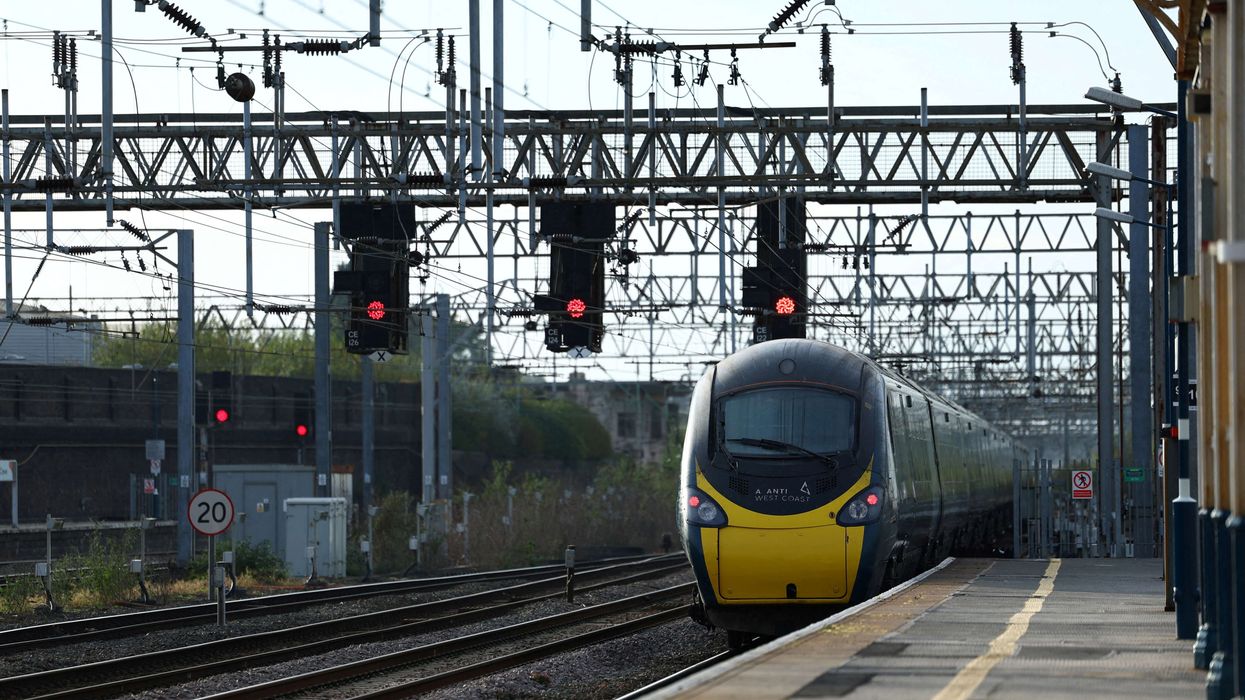The low annual limit of 85,000 registrations for H-1B petitions is the main problem facing US employers trying to secure foreign talent, according to a new report about the skilled workers' visas, the most sought-after by Indian IT professionals.
The H-1B visa is a non-immigrant visa that allows US companies to employ foreign workers in speciality occupations that require theoretical or technical expertise.
Technology companies depend on it to hire tens of thousands of employees each year from countries like India and China.
The report titled “H1B Petitions And Denial Rates In FY 2022' by National Foundation for American Policy (NFAP), a nonpartisan research organisation, said the low annual limit on H-1B petitions resulted in the vast majority of H-1B registrations not being selected.
H-1B denial rates have returned to low levels following the Trump administration’s losses in federal court during Donald Trump’s last year in office, meaning the low annual limit for H-1B petitions is currently the main problem facing employers trying to secure foreign-born talent, it said.
The H-1B visa allocations are capped at 85,000 visas per year, with 20,000 of those set aside for workers holding advanced degrees from US institutions.
The remaining 65,000 visas are awarded through a lottery system, making the competition for H-1B visas fierce.
In April 2022, US Citizenship and Immigration Services (USCIS) reported employers submitted over 483,000 H-1B registrations, almost 400,000 more than the 85,000-annual limit for H-1B petitions.
H-1B visas allow skilled foreign workers to work and live in the US for up to six years in specialised fields such as technology, engineering, and medicine.
After six years, it opens up pathways to permanent residency or Green Card.
H-1B temporary visas are important because they generally represent the only practical way for a high-skilled foreign national, including an international student, to work long-term in the United States and have an opportunity to become an employment-based immigrant and a US citizen, the NFAP said in a statement on Thursday.
At US universities, more than 70 per cent of full-time graduates in electrical engineering and computer and information sciences are international students, it said.
“Despite the end of the Trump administration’s restrictive immigration policies that made US companies less competitive in the global battle for talent, companies in America still must deal with the low annual limit on H-1B petitions and employment-based green cards,” said Stuart Anderson, NFAP’s executive director.
“These and other policies encourage employers to send work and people outside the United States and make it difficult for many talented people to pursue their dreams in America.” A 2022 NFAP study found 55 per cent of America’s startup companies valued at USD 1 billion or more have at least one immigrant founder, illustrating the importance and contributions of immigrants to the US economy, it said.
The denial rate for new H-1B petitions for initial employment in FY 2022 was 2 per cent. The H-1B denial rate declined during the final year of the Trump administration after judges declared many of its H-1B-related actions unlawful, it said.
That forced a legal settlement and changes to restrictive immigration policies that resulted in the denial rate for new H-1B petitions for initial employment in FY 2021 dropping to 4 per cent, far lower than the denial rate of 24 per cent in FY 2018, 21 per cent in FY 2019 and 13 per cent in FY 2020.
During the Trump administration, the denial rate for H-1B petitions for initial employment was much higher at 13 per cent in FY 2017, 24 per cent in FY 2018, 21 per cent in FY 2019 and 13 per cent in FY 2020.
Amazon had the most approved H-1B petitions for initial employment in FY 2022, at 6,396. Amazon also had the most new H-1B petitions approved in FY 2021 and FY 2020. Infosys had the second most H-1B petitions in FY 2022 approved for initial employment at 3,151, which was approximately 2,000 fewer for the company than FY 2021.
Next was TCS with 2,725, also lower than the previous year, followed by Cognizant (2,521), Google (1,562), Meta/Facebook (1,546), HCL America (1,260) and IBM (1,239).
H-1B petitions are counted in the fiscal year they are approved, not in the cap year the H-1B visa holder begins to work.
According to USCIS data, the median annual salary for H-1B visa holders was USD 108,000 in FY 2021. In computer-related occupations in FY 2021, the median salary for H-1B visa holders was USD 111,000, and the average salary in computer-related occupations was USD 118,000, the report said.
Despite high-profile layoffs in the technology industry, the 85,000-annual limit on H-1B petitions (for FY 2024) will likely be filled when the registration period opens in March 2023. That is because the annual limit is low relative to the size of the US labour force and the demand for talent, the report said.
The 85,000 new H-1B petitions allowed each year for companies represent only 0.05 per cent of the approximately 165 million people in the US labour force. Beginning in FY 2004, the supply of H-1B petitions has been exhausted every fiscal year up to the present.
Analysts and technology watchers note that layoffs at tech firms need to be kept in perspective.
"Even with all of the layoffs announced in recent weeks, most tech companies are still vastly larger than they were three years ago,” reports Fortune.
Large and small tech companies went on a hiring spree over the past several years due to a surge in demand for their products, software and services with millions of people working remotely, the magazine explained.
Still, the layoffs have been difficult for US workers and H-1B visa holders, who often need to find another employer within 60 days to remain in H-1B status. About 79 per cent of workers recently hired after a tech-company layoff or termination landed their new job within three months of starting their search, according to a ZipRecruiter survey of new hires.
That was just below the 83 per cent share of all laid-off workers who were re-employed in the same time frame. Nearly four in 10 previously laid-off tech workers found jobs less than a month after they began searching, ZipRecruiter found in the survey.
“Despite the widespread layoffs, hiring freezes, and cost-cutting taking place in tech, many tech workers are finding reemployment remarkably quickly,” said Julia Pollak, chief economist at ZipRecruiter. This NFAP analysis is based on data from the USCIS H-1B Employer Data Hub.













